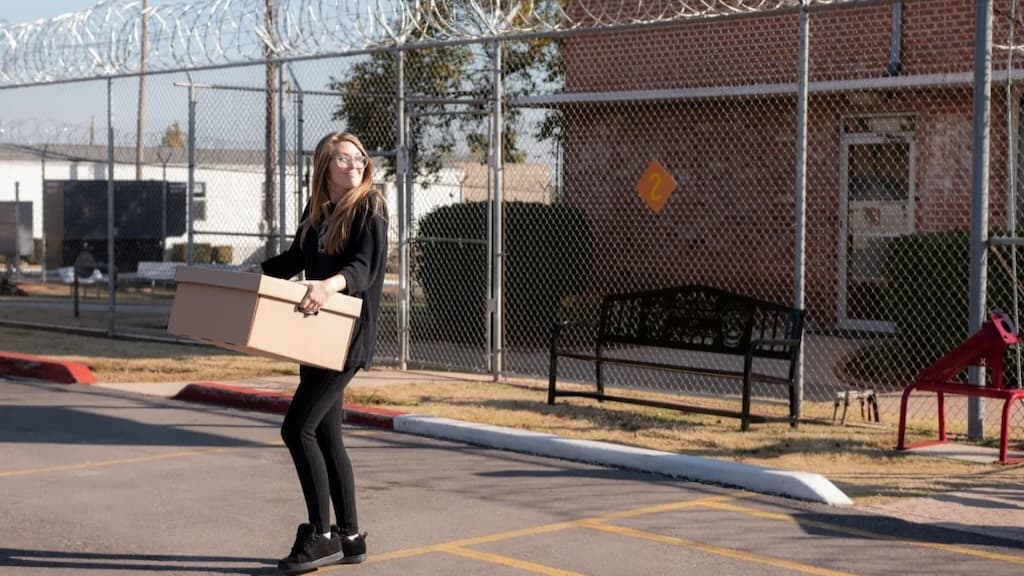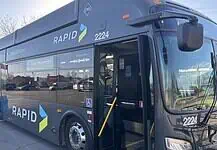OKLAHOMA CITY — Oklahoma law has been consistent for decades: A person convicted of a felony loses their voting rights for their entire court-mandated sentence.
But what if that felony is later changed to a misdemeanor?
Oklahoma voters and the Legislature have embraced some criminal justice reform efforts. The state’s prison population has declined by 20% since 2019. And yet questions remain about whether some commutation recipients immediately have their voting rights restored.
More than 400 Oklahoma prisoners convicted of drug and property offenses were released on time served in November 2019 as part of the largest mass commutation in U.S. history. Legislation approved in 2019 making State Question 780 retroactive cleared the way for the early releases.
A January 2022 opinion by former Attorney General John O’Connor established that a person whose felony sentence is commuted to time may register to vote and participation in a drug court program does not affect a person’s voting eligibility. State officials are generally required to follow an attorney general’s opinion unless it is overruled in court.
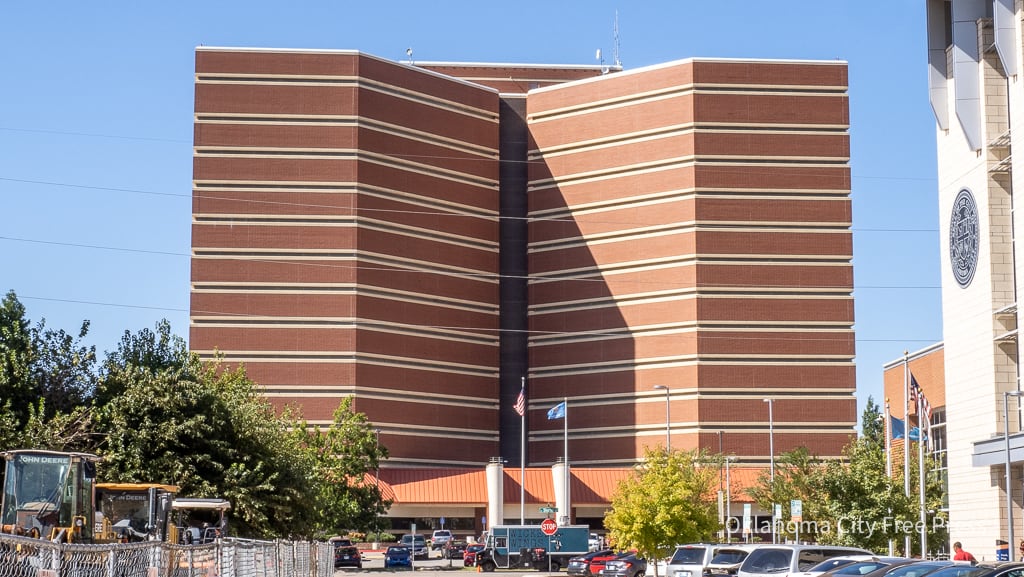
But clarifying the matter in state law would help quash misinformation among the public and state officials, said Rep. Regina Goodwin, D-Tulsa.
Goodwin’s House Bill 1629 would clarify that anyone who receives a sentence commutation to time served or is granted a pardon is eligible to vote. It also adds language that a person may register to vote if their sentence has been discharged, terminology the Department of Corrections uses to indicate that a sentence has been completed with no further obligations to the state.
Goodwin said the bill simply seeks to align what the Department of Corrections and State Election Board view as a completed sentence.
“Folks will feel comfortable being able to instruct folks on what they can and cannot do, and I absolutely think that’s important,” Goodwin said. “If people are misinterpreting the law, which has happened with senators and representatives getting it confused, that’s why we need to do our level best to make the language as simple as possible.”
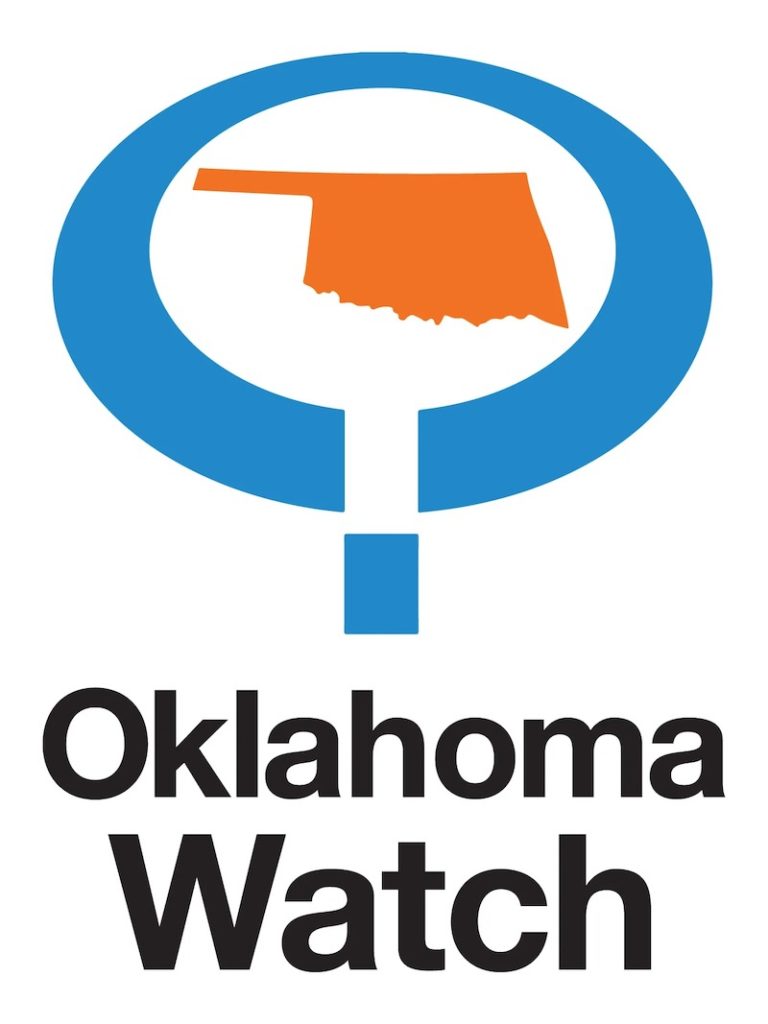
The bill cleared the House Ethics and Elections Committee without objection and is eligible for consideration on the House floor. The deadline for bills to pass out of their chamber of origin is Thursday, March 23.
As the House committee considered the bill, State Election Board Secretary Paul Ziriax said its passage would allow state and county election officials to offer better guidance to people with felony convictions.
“I think spelling it out in black and white in the statute will make it much, much clearer not just for election officials, but also for prospective voters,” Ziriax said.
Donna Thompson, director of the Oklahoma Baptist State Convention Prison Ministry, said she regularly interacts with people who believe they are disenfranchised forever because they have a felony conviction. She said clarifying state law could spur more formerly incarcerated people to become civically engaged.
Last year, the widely-publicized arrests of Florida residents with felony convictions who registered to vote prompted confusion and fear nationwide. States often fall short in their duty to notify newly eligible voters of their rights and sometimes spread false information, according to an investigation from The Marshall Project published last November.
“People are leery about registering to vote because they don’t know what is true,” Thompson, who also leads prison ministry efforts for the Fairview Baptist Church in Oklahoma City, said. “If we had an opportunity to tell them that if you’ve discharged your sentence you can vote, it’s really the best way for me to communicate with people as little as possible. I don’t want to have a conversation with people who’ve been to prison about parole, probation and all of that. Have you discharged? They know what that means.”
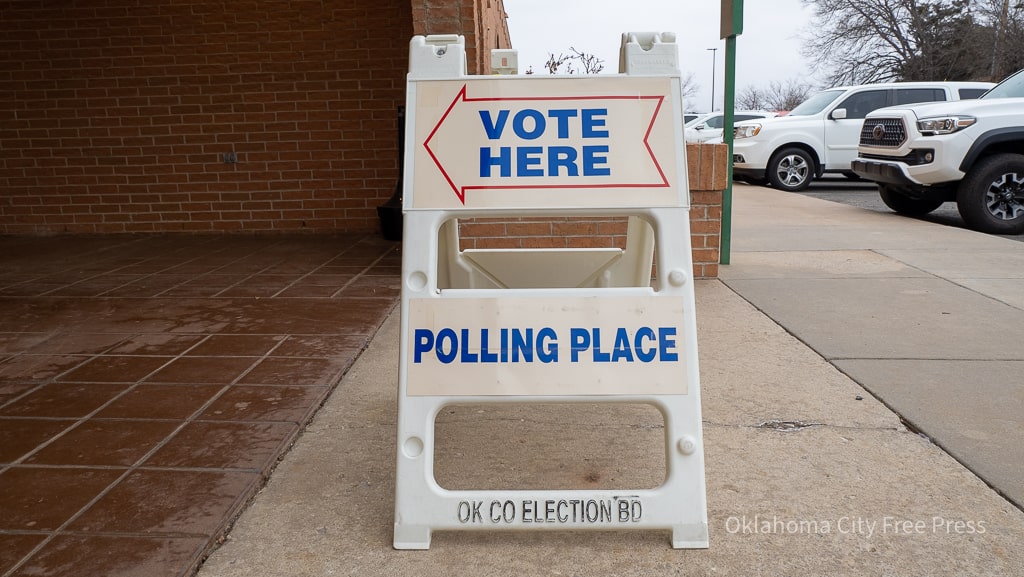
The Legislature in recent years has approved several measures aimed at helping formerly incarcerated people reintegrate into society, including bills requiring the corrections department to assist prisoners in obtaining state-issued identification before their release date and removing barriers to professional licensing for people with certain felony convictions.
Communicating to the formerly incarcerated that they will regain their voting rights could also aid in their re-entry. A 2019 study by University of Pittsburgh political science professor Victoria Shineman found a correlation between voter participation and lower recidivism rates.
“You start to view yourself not as a criminal anymore, but as a citizen,” Shineman told Oklahoma Watch in 2020. “You have confidence in your abilities, having trust in other people and institutions. All of those are characteristics and attitudes that make it easier for a person to reintegrate and build positive social networks.”
Despite having the backing of the Attorney General’s office and State Election Board, the House Elections and Ethics Committee shot down a similar proposal from Goodwin last year. She said she hopes the strong backing in committee this year is a sign the proposal will be well-received in the full House.
State Sen. George Young, D-Oklahoma City, is the bill’s Senate author.
“It’s reasonable and needed,” Goodwin said. “It’s just one of those bills that’s not controversial. We’re going to hope it passes.”
Keaton Ross covers democracy and criminal justice for Oklahoma Watch. Contact him at (405) 831-9753 or Kross@Oklahomawatch.org. Follow him on Twitter at @_KeatonRoss.
